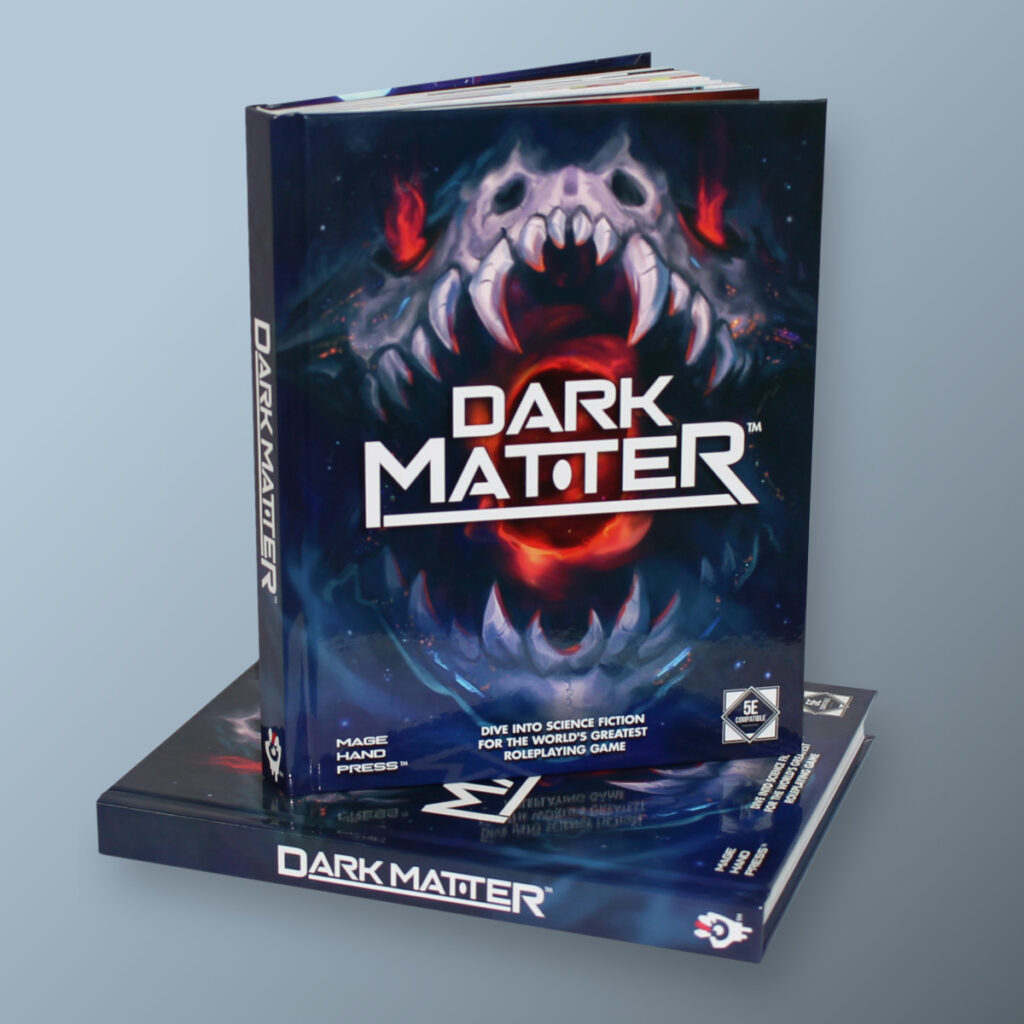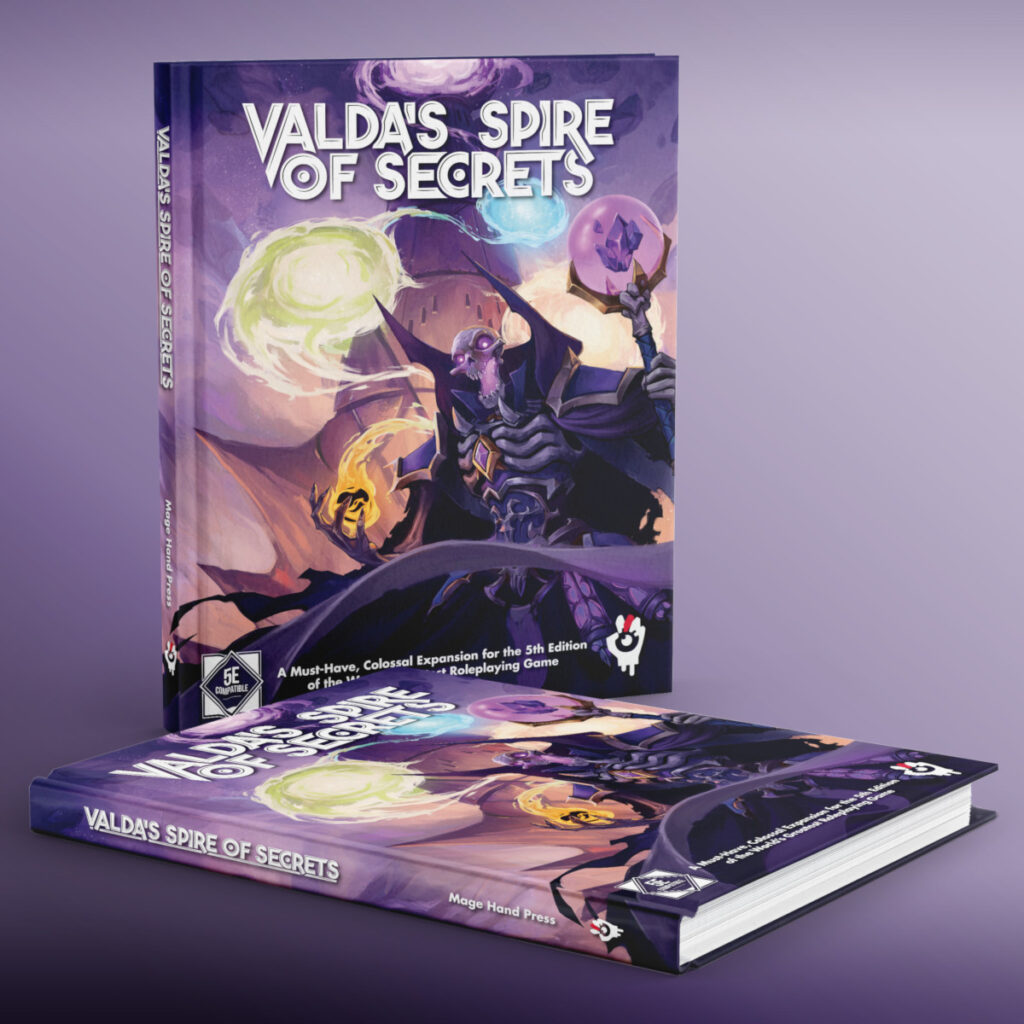Today’s article is dedicated to everyone who has ever had to sit for half an hour or longer to explain D&D or some other tabletop RPG to a newcomer. As a veteran D&D player who often brings newbies on board my games, I get asked a lot of seemingly inane questions by the uninitiated, namely those who are experienced video gamers. Explaining a rule set is easy enough, and with D&D 5e in particular, can be done very effectively by demonstration (by contrast: Call of Cthulhu pretty much takes a PhD to explain the rules). But that’s not what we’re here to talk about today, friends. We’re here to answer the tougher question:
What Makes D&D Fun?
I’m glad you asked. Let’s pretend for a moment, dear reader, that you are new to the amazing world of pencils, paper, and dice. “Is it for console or PC?” you ask. “Is it anything like WoW?” (I’ve actually been asked this before.) I sigh and settle into my chair, bracing myself for the coming discussion. I tell you that no, while D&D is set in a fantasy genre, it is not a video game. The characters’ stats and abilities are written on a piece of paper, and the game takes place in the theatre of the mind.
After I explain tabletop gaming to you, you ask me, “Why would you ever play something like that when you can’t even see the action? Isn’t it more immersive to the player to actually be able to visually interact with the world?“
Well, yes and no. Video games are certainly more immersive, as long as you stay within certain boundaries set by the game. Once you reach those boundaries, however, immersion is all but lost on you. This is all because of a little thing called player agency. Simply put, this refers to the amount of control you as a player have over your character, the world, and your own decisions within the game.
A Few Practical Examples
Let’s look at some video games to see what I’m talking about. We’ll start with the most blatant example of a lack of player agency: the MMORPG. Whether it’s RuneScape, World of Warcraft, Star Wars: The Old Republic, or any other MMO, you always face the same problem: no matter what you do in the game, the world never changes, even if you finish the main quest and beat the BBEG. Granted, that’s how MMOs have to be, because if one person beat the villain and that was it, everybody else couldn’t have their fun.
My point is, in these games, you have no player agency. You have control over your own character, sure, but you have no control over the world, and very little over your own decisions. And if you want to visit somewhere or do something that the programmers didn’t account for? Tough luck.
What about single player action adventure games? Let’s look at Halo now. In the Halo games, you have total agency over the world, but none over your character or your decisions. You can play the game however you want, and completion of the game changes the game world, but you will only ever watch one ending cutscene. There’s no option for failure, you just keep playing until you win. This is a prime example of what we in the tabletop community would call “railroading”. Great to tell a story, and good for action-adventure, but bad for roleplaying.
The Point
Player agency is what separates tabletops like D&D from every video game in existence. Because the game world exists in the DM’s mind, it can change and adapt to the players’ decisions. You can fail quests, and the world can be affected by that. You can say whatever you want to whomever you want, instead of choosing dialogue options to say to a particular quest-giver.
In the last big campaign I played, in addition to the overarching storyline, I started an adventurer’s guild, something the Finger, who was DM at the time, never expected me to do. Also in that campaign, my party made some difficult decisions that inadvertently doomed a town to an undead plague. But we had agency over that decision, instead of being presented a pathway of pre-determined encounters, branching or not.
Whether you’re new to D&D or a veteran, a player or a DM, always keep this in mind. The beauty of these games lies in your ability to improvise and entertain. Add a dash of homebrew, and you can do and be just about anything.



